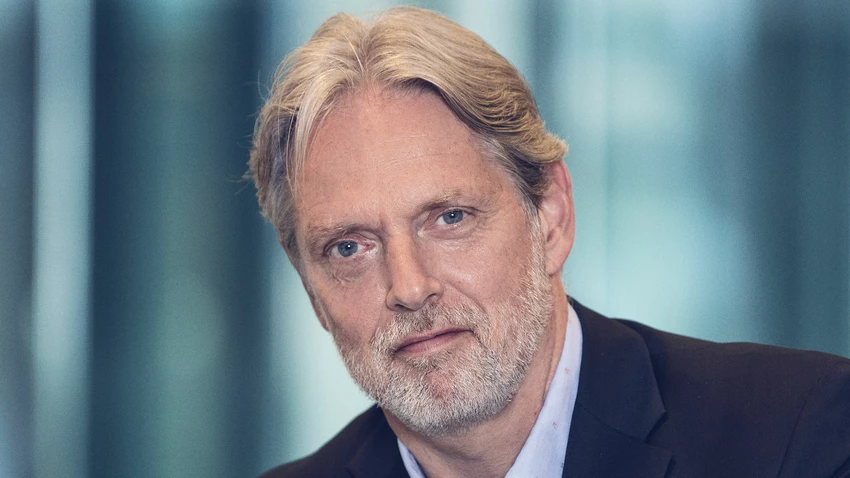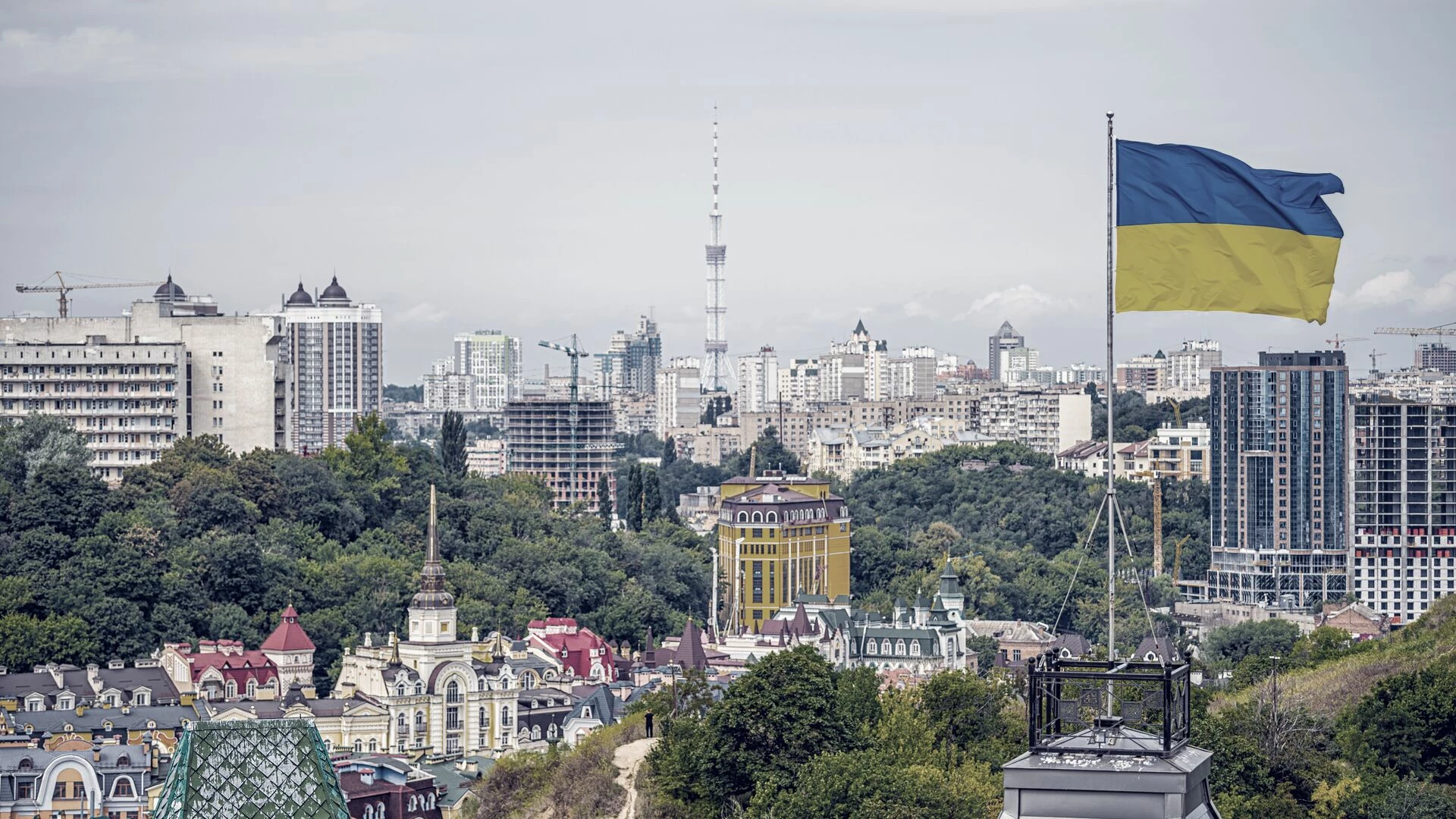
Everything seemed fine. Spring was coming, the pandemic was about to end and the Danish economy was in the middle of a solid upturn, with labour shortages as the biggest problem. But then Russia’s invasion of Ukraine ruined the global picture overnight.
Obviously, the colossal humanitarian costs caused by the war are by far the worst consequences. But the situation also casts dark shadows over the economic outlook.
First and foremost in the form of higher prices and shortages of energy and commodities, of which Russia is normally a major seller in the world market. That includes goods which are not subject to the sanctions policy of the Western countries or Russia’s own export ban as the exclusion of many Russian banks from the SWIFT system in practice makes cross-border payment transactions impossible. Also, at the moment a large part of Ukraine’s economy is not operating. This exacerbates the problems as Ukraine has large-scale production of essential goods and many companies which are important subcontractors, for example to the car industry. This will result in long delivery times for many consumer goods in the coming period.
Secondly, consumer and business confidence will be hit by general uncertainty and high inflation. This could result in lower spending and investment activity. An effect that could be fuelled by the widening risk premiums on financial assets triggered by the fighting. And when global economic growth falls, foreign trade will also be hit. So this is one long negative chain reaction.



